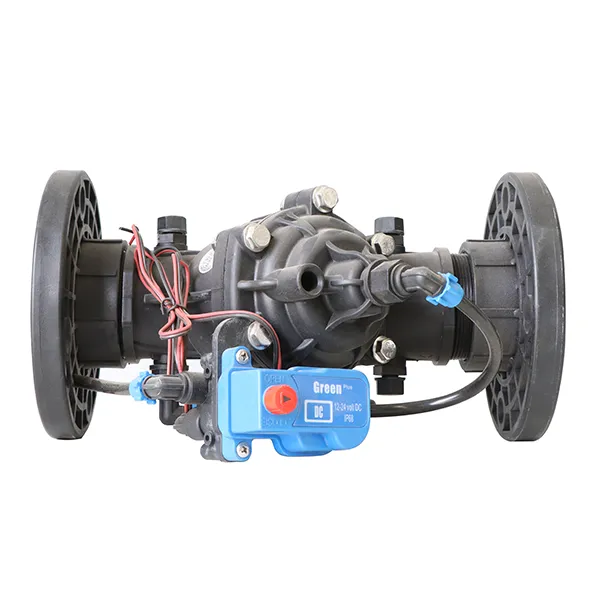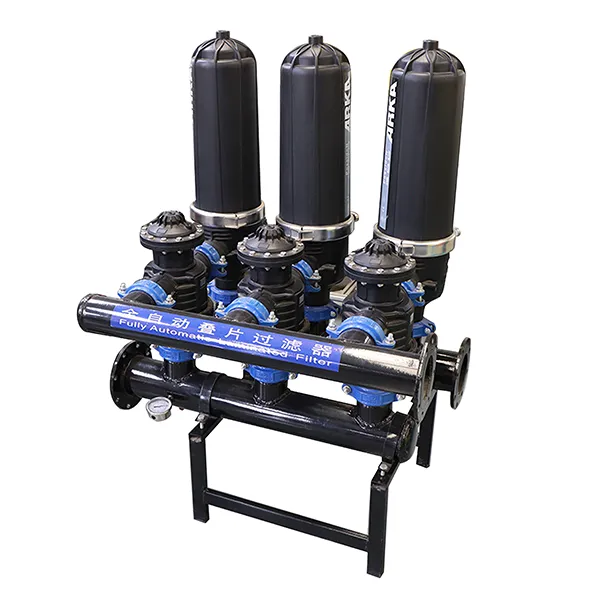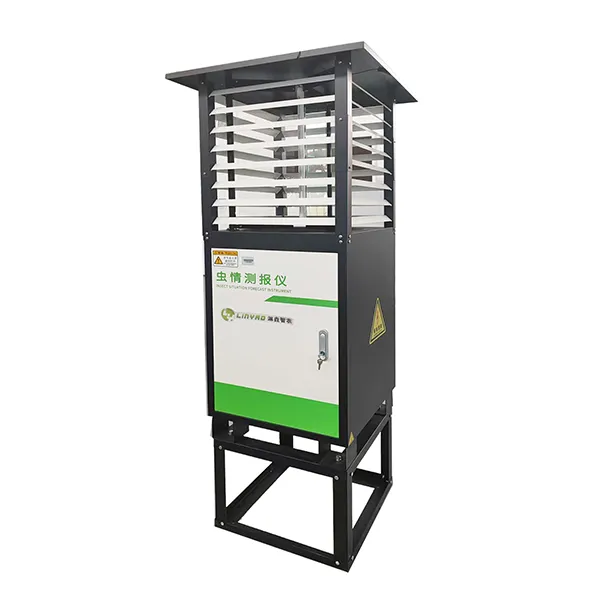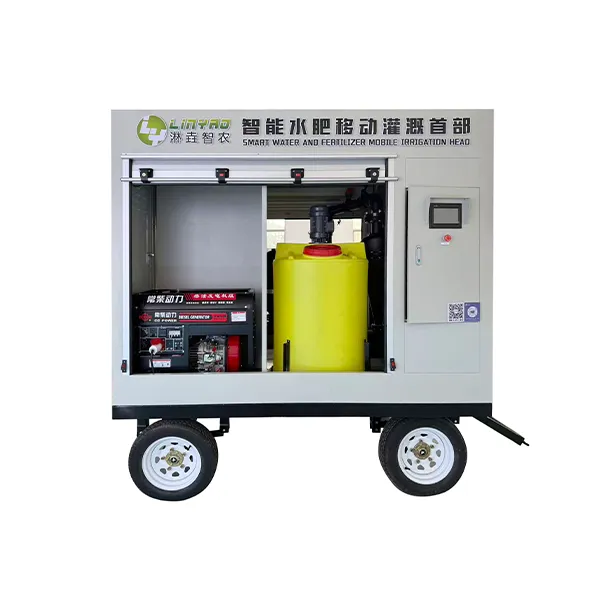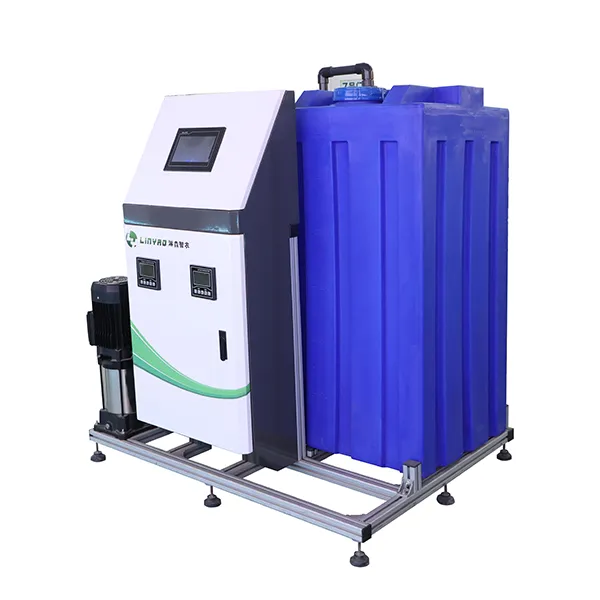
Smart technologies in agriculture main buyer country
Discussionintelligent technologies in agricultureoften comes down to listing sensors, drones and complex algorithms. Many believe that this is expensive and difficult to implement, especially in Russian conditions. But, in my opinion, the main thing is not individual technologies, but a change in thinking and an understanding that effective agriculture is, first of all, accurate work with data and automation, and not just a fashionable trend. In particular, we see thatbuyer's country– here in Russia – we are ready for serious changes, but we need the right tools and, of course, an approach that takes into account the specifics of our production and logistics. I’ll try to share my observations and experiences, and maybe also dispel some myths a little.
Real demand and its specifics
They say the Russian marketintelligent farmingunderdeveloped. This is generally true, but if you dig deeper, the picture looks much more interesting. The need to increase yields, reduce costs and optimize resources is enormous. Many farmers already understand that traditional methods do not always give the desired results. However, we often encounter the fact that buyers are not ready to immediately invest a lot of money in complex systems. They need solutions that demonstrate ROI, preferably with minimal upfront investment. We must not forget about regional specifics. For example, technologies that work well in southern regions with warm climates may be ineffective in the middle zone.
We ourselves at Shandong Linyao Intelligent Agriculture Technology Co., Ltd. are constantly faced with this problem. Our developments, based on the use of remote sensing data and irrigation automation, have found the greatest response from farmers growing grain and vegetable crops. In more complex cases - for example, when working with cattle - more comprehensive solutions are needed that take into account the biological characteristics of the animals and allow optimizing feeding and monitoring health status. In this direction, we actively cooperate with veterinary clinics and research institutes.
Implementation experience: from simple solutions to complex ones
We started with relatively simple things - automated irrigation systems. They save water and increase productivity. For example, in one of the farms in the Kursk region, we installed a precision irrigation system using soil moisture sensors and weather stations. This made it possible to reduce water consumption by 30% and increase wheat yield by 15%. It was a relatively simple project, but it showed farmers the effectivenessintelligent technologies.
Network connection and data analysis
The next step was the introduction of data collection and analysis systems. We are developing platforms that allow us to collect data from various sensors - soil moisture, air temperature, light levels, soil nutrient levels, etc. This data is then analyzed using machine learning algorithms, which allows us to identify patterns and make informed decisions. For example, based on soil moisture and weather data, the system can automatically adjust watering to prevent waterlogging or drought.
Optimization of equipment and logistics operation
Recently, more and more attention has been paid to optimizing the operation of agricultural machinery and logistics. We develop fleet management systems that allow you to track the location of equipment, plan routes and control fuel consumption. In addition, we offer warehouse automation solutions that improve the efficiency of storage and processing of agricultural products. The key task is the integration of all these systems into a single platform.
Problems and challenges
Not everything goes smoothly. One of the main problems is the high cost of implementation. Many farmers cannot afford to install all the necessary equipment at once. In this regard, government support is needed in the form of subsidies and preferential loans.
Another problem is the lack of qualified specialists. There are not enough engineers and technicians who can install, configure and maintainintelligent systems. We actively cooperate with universities and colleges to train new specialists. There is also a need to raise farmers' awareness of the opportunitiesintelligent farming.
Integration with existing infrastructure
Difficulties often arise in integrating new systems with existing infrastructure. For example, it is not always possible to connect sensors to an existing communication network. Sometimes hardware and software upgrades are required. This can be expensive and time consuming.
Development prospects
Despite all the difficulties, I am sure thatintelligent technologies in agriculturehave huge potential. In the coming years, we will see further development of this industry, introduction of new technologies and expansion of the market. Solutions based on the use of artificial intelligence and machine learning seem especially promising. These technologies will automate the decision-making process and optimize agricultural production management.
Shandong Linyao Intelligent Agriculture Technology Co.,Ltd continues to actively develop new solutions and collaborate with partners. We strive to dosmart farmingaccessible to all farmers, regardless of farm size and region of location. After all, the future of agriculture lies in accurate data and automation, and we are ready to contribute to its construction.
Correspondingproducts
Related Products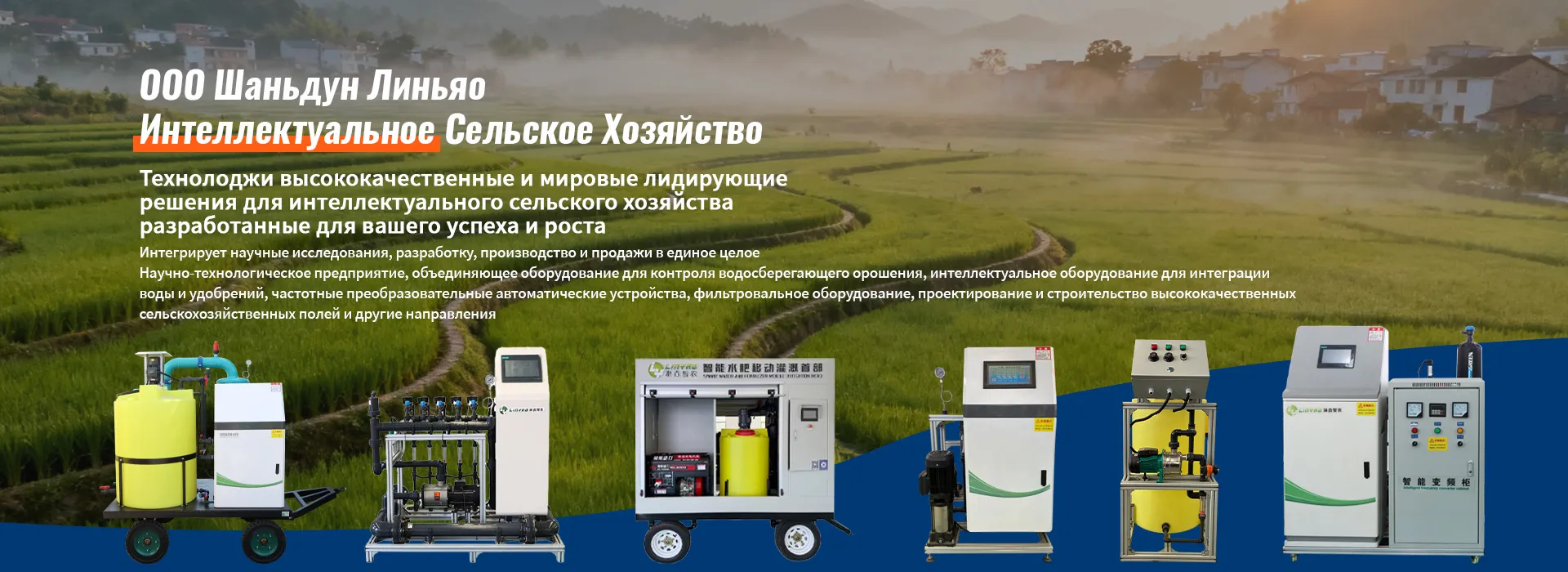
Best Sellingproducts
Best Selling Products-
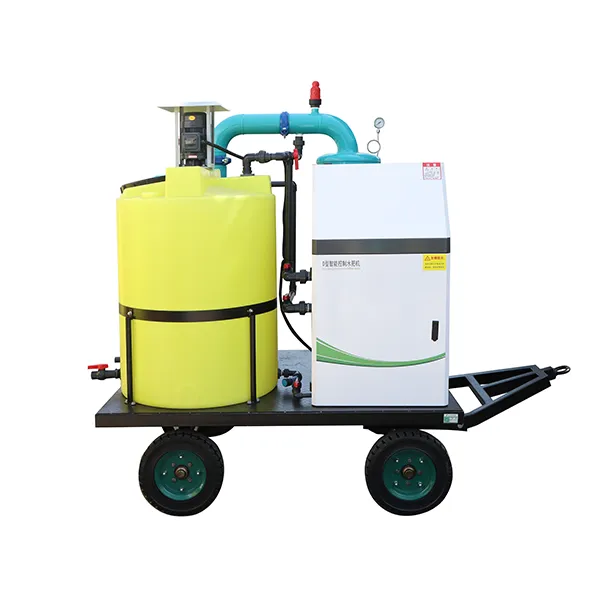 Mobile water and fertilizer integration apparatus
Mobile water and fertilizer integration apparatus -
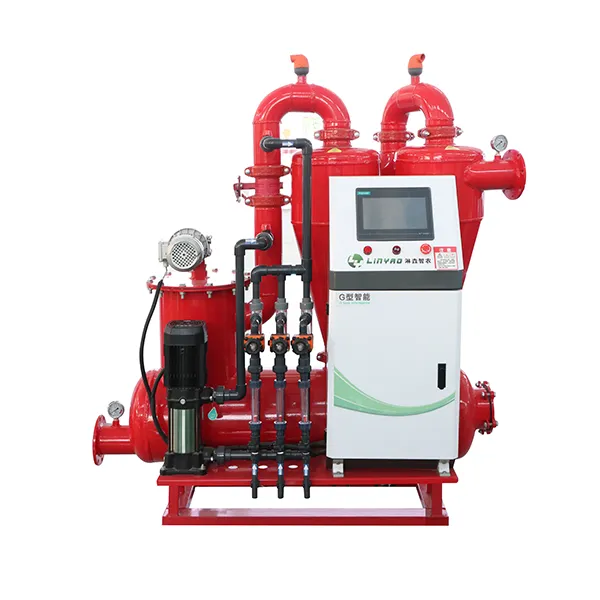 Automated Dual Function Water Fertilizer Filtration Machine
Automated Dual Function Water Fertilizer Filtration Machine -
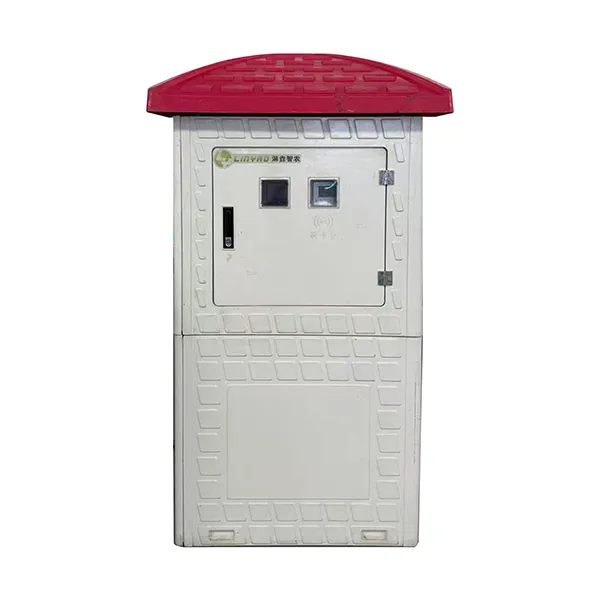 Radio Frequency Device for Irrigation Measurement and Control
Radio Frequency Device for Irrigation Measurement and Control -
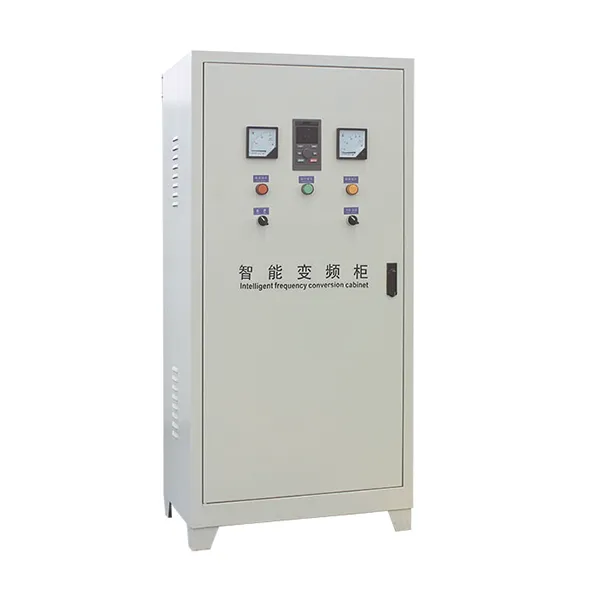 Intelligent Frequency Converter Cabinet
Intelligent Frequency Converter Cabinet -
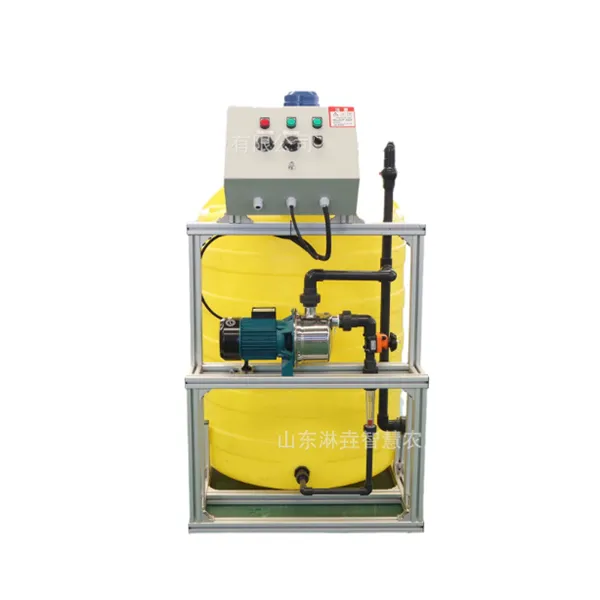 Simple manual single-channel water and fertilizer integration apparatus
Simple manual single-channel water and fertilizer integration apparatus -
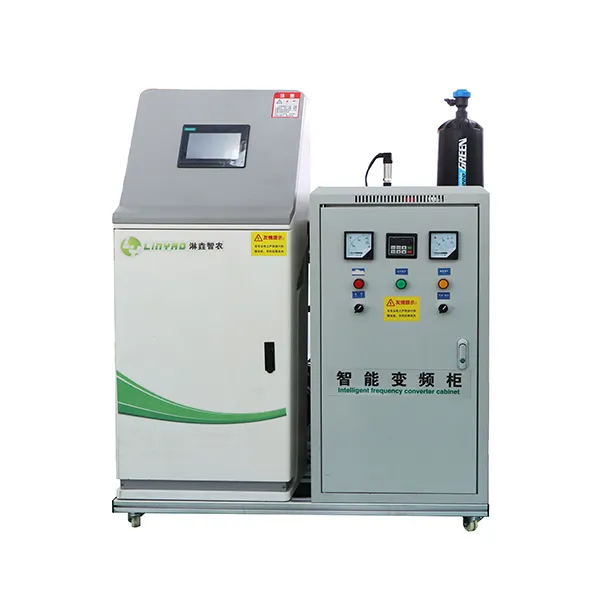 Main Fertilizer Irrigation Plant
Main Fertilizer Irrigation Plant -
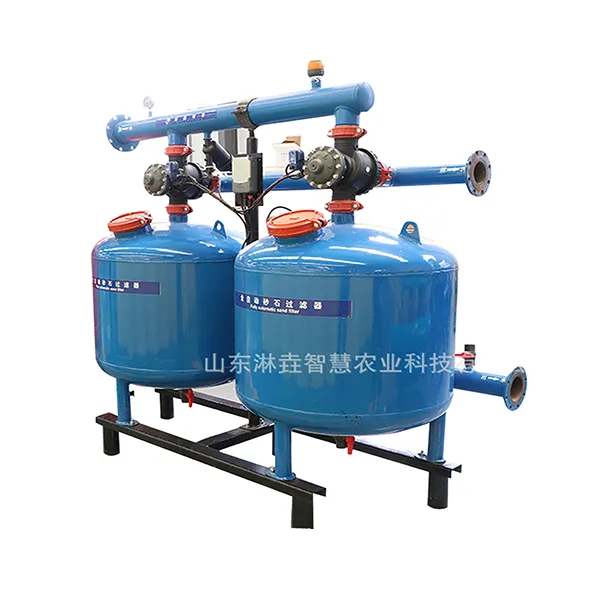 Automatic Backwash Sand Filter for Drip Irrigation System
Automatic Backwash Sand Filter for Drip Irrigation System -
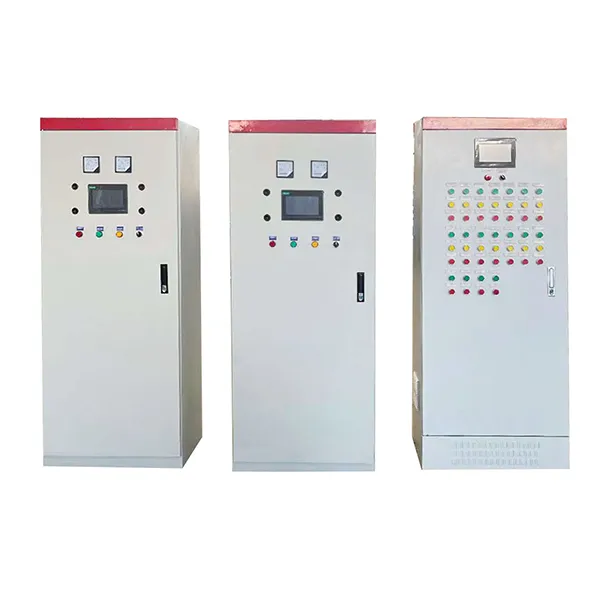 IoT-based greenhouse control cabinet
IoT-based greenhouse control cabinet -
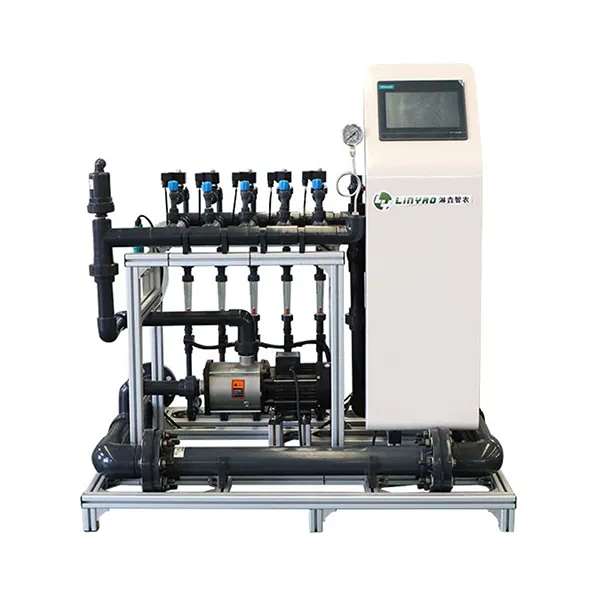 Intelligent Fertilizer Dosing Machine
Intelligent Fertilizer Dosing Machine -
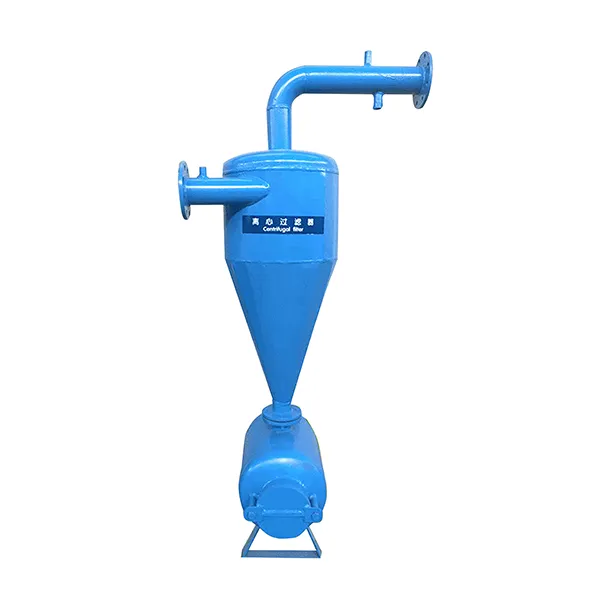 Centrifugal filter
Centrifugal filter -
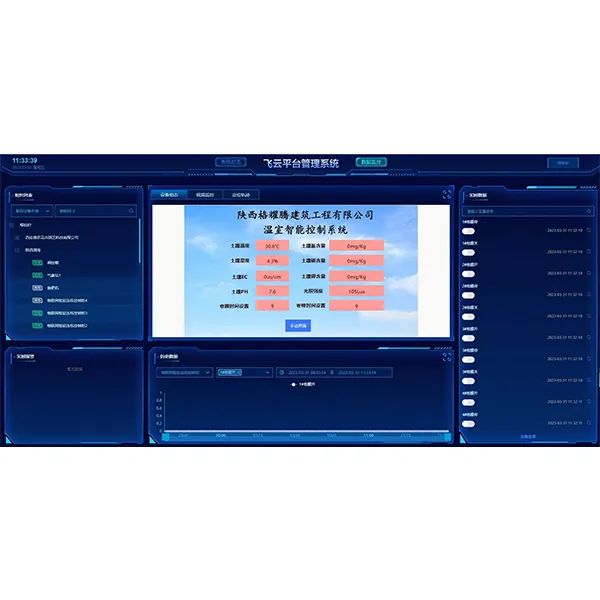 Cloud platform for smart agriculture
Cloud platform for smart agriculture -
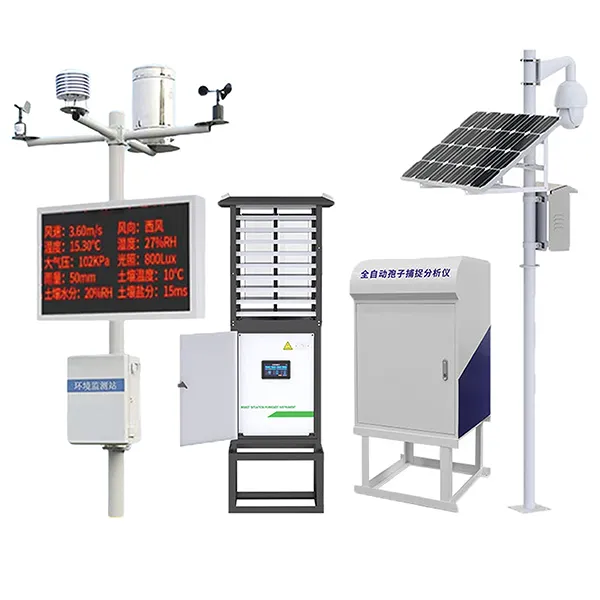 Agricultural weather station
Agricultural weather station
Relatedsearch
Related Search- Solenoid valve 1.5 inch pulse manufacturer
- Mist irrigation system supplier
- Reverse osmosis barrier filter installation suppliers
- Garden irrigation system
- Disc filter with automatic flushing main buyer country
- Solenoid valves manufacturer
- Electromagnetic solenoid valve for used water suppliers
- Butterfly valve pa dn80 wafer design
- Fully automatic intelligent remote control for water and fertilizer integration
- Smart irrigation system suppliers


